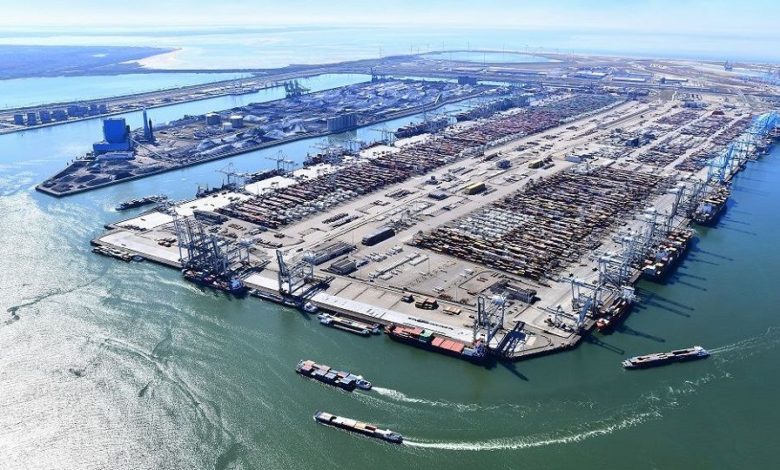Ports commit to extend climate action program

Chief executives and leaders of 12 major ports in the World Port Climate Action Program (WPCAP) have agreed to extend their cooperation with a new focus on shore power, new fuels and green shipping corridors.
The agreement reached at a meeting in Rotterdam on the occasion of the first five years of the program will see work continued toward faster adoption of shore power at ports, helping to reduce emissions of CO2 and pollutants while ships are at berth.
“We saw a shift from a situation where ports developed a few projects to large scale investment programs – the WPCAP ports present here in Rotterdam are planning more than 160 connection points with a total investment plan of more than €500m. But we’re not there yet: various global ports are still lagging in this area even though studies show that shore power will have a tremendously positive impact, both short term and in the long run,” said Jarl Schoemaker of the Port of Rotterdam Authority.
The second focus area for WPCAP in the coming years is to facilitate the bunkering and adoption of cleaner fuels. The ports have worked with the IAPH Clean Marine Fuels working group to create a Port Readiness Framework, a self-assessment and communications tool that allows various stakeholders to understand the different levels of research, development and deployment of new fuels at ports around the world. The tool is expected to be ready for voluntary use by ports towards the end of the year.
“Given the urgency of the climate crisis and shipping’s commitments to reducing emissions in line with international regulations, we must take action now. It took almost nine years shipping to adopt LNG as a marine fuel. We cannot wait that long for the deployment of ammonia, methanol, hydrogen and other clean fuels,” said Namrata Nadkarni, chair of the working group on sustainable marine fuels and founder of maritime consultancy Intent Communications.
Green corridor initiatives are seen as key to facilitate the deployment of fuels in practice, particularly on longer international shipping routes.
WPCAP member ports are already part of five green corridor initiatives, spanning routes from Singapore and Shanghai to Los Angeles, Vancouver and Rotterdam. The members agreed to enable the deployment of more low- and zero carbon vessels along these routes in the coming years.
“There has been a lot of talk about the need to shift to new fuels in the industry and multiple green corridor initiatives have been announced to address this”, said Heather Tomley, managing director of planning and environmental affairs for the Port of Long Beach, California, adding: “Now it is time to put this into action and work together as ports to bring fuel suppliers and shippers on board so that we see the first sustainable vessels on these international routes within the next few years.”
WPCAP is a cooperation of international ports that exchange best practices and act as front runners in reducing emissions from the shipping industry. Members are the ports of Antwerp – Bruges, Barcelona, Gothenburg, Hamburg, HAROPA PORT (Le Havre – Rouen – Paris), Long Beach, Los Angeles, New York / New Jersey, Rotterdam, Valencia, Vancouver and Yokohama.
